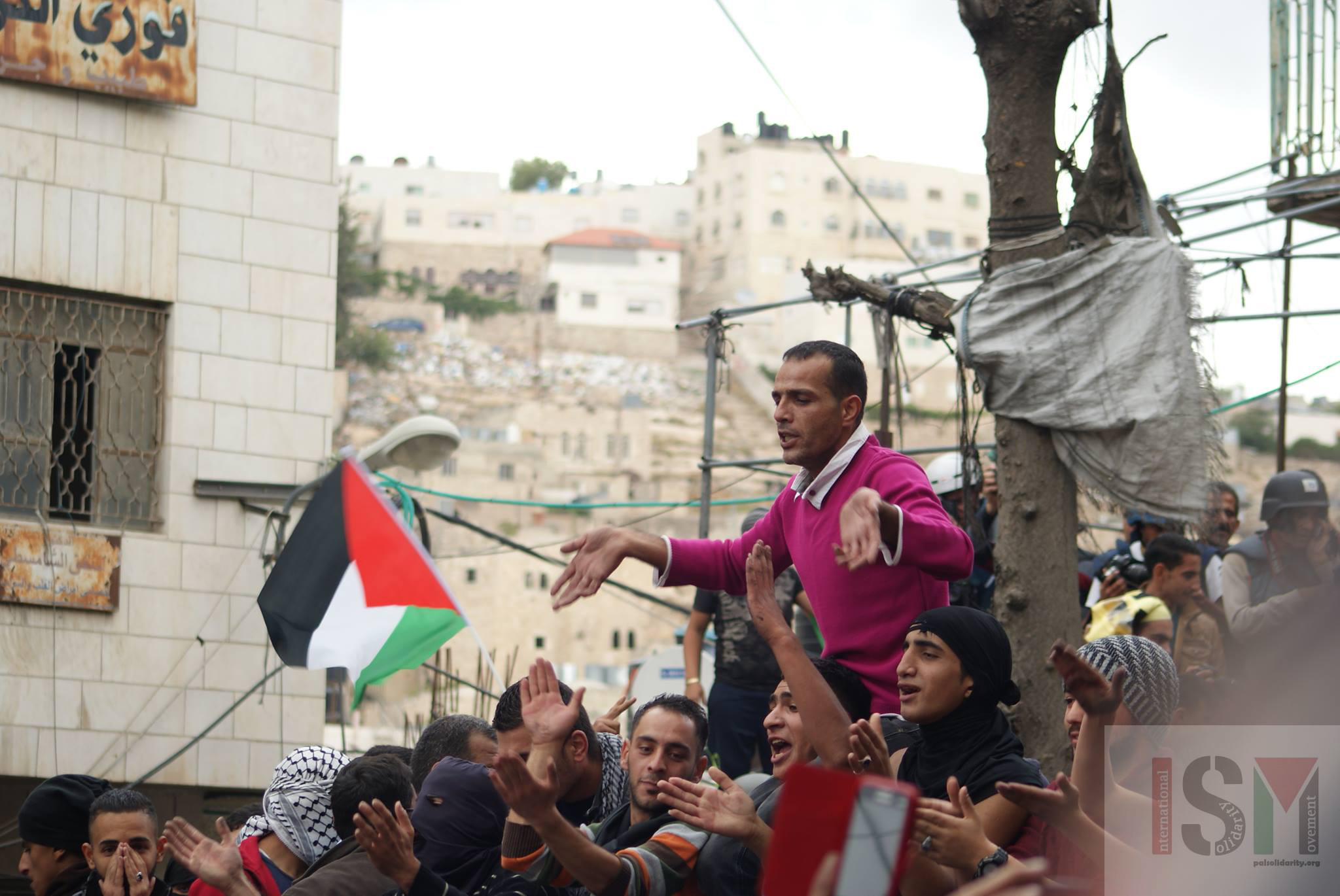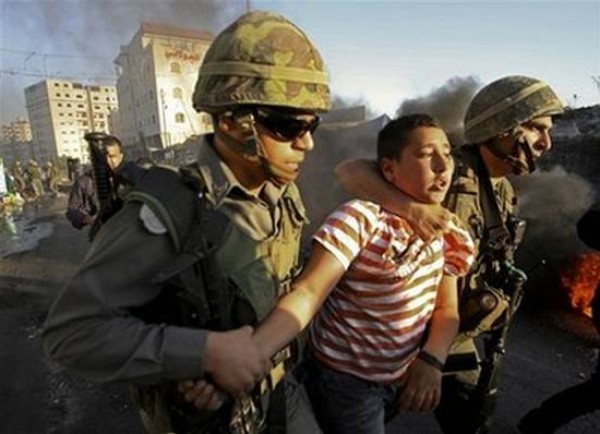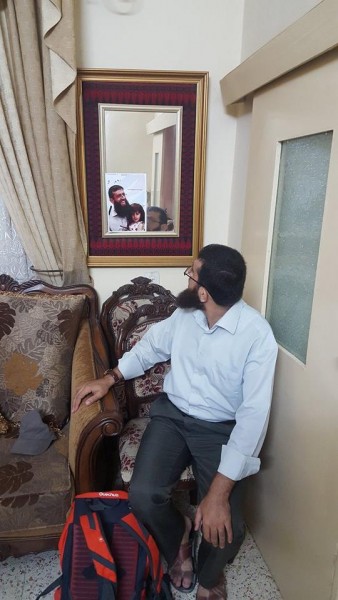Tag: Arrests
-
Another peaceful mass demonstration brutally attacked by Israeli forces
27th November 2015 | International Solidarity Movement, al-Khalil team | Hebron, occupied Palestine On Tuesday afternoon, 27th October, a mass peaceful demonstration took place in the streets of occupied Hebron (al-Khalil) with about two thousand people, including men, women and children demanding the release of the 11 bodies of martyred Palestinians kept by Israeli forces…
-
Palestinian voice speaks out: Twenty war crimes in a month by Israeli soldiers against Palestinians
24th October 2015 | International Solidarity Movement, Hamza Khalil Abu Eltarabish | Gaza Strip, occupied Palestine Hamza Khalil Abu Eltarabish is a freelance journalist who graduated from the Islamic University of Gaza The young Palestinian man Fadi Alon performs the dawn prayers in his home in the west of Jerusalem and browses his Facebook and…
-
Portrait with Fire: Khader Adnan
24th October 2015 | International Solidarity Movement, al-Khalil team | Anata, occupied Palestine “Some people think being jailed is a destiny. I say freedom is a destiny.” In Heather Christle’s stirring poem, Self Portrait with Fire, bending to conceal flaming legs, (s)he sets the grass on fire. On this day, sitting with Khader Adnan, Palestinian…



